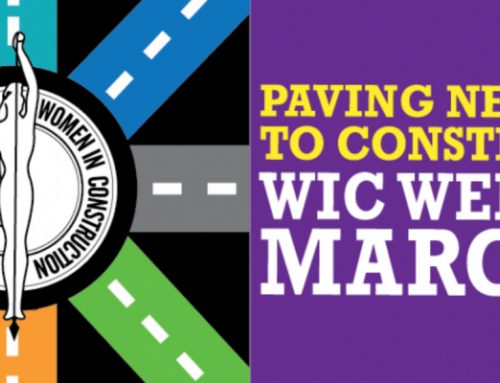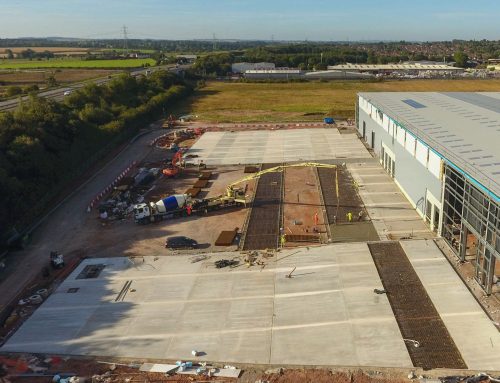The construction sector has historically been very male dominated, with only around 12% of the overall workforce and less than 2% of the skilled trades workforce comprising of women. As recently as 2017 only 13% of young women aged 16-25 said that they would even consider a career in the construction industry, let alone actively pursue one, and one third of women in construction said a fear of sexism held them back from pursuing senior roles.
Gender stereotyping, sexism and a machismo image all make the construction industry appear an inhospitable environment for the female worker.
Fortunately, times are changing. The construction industry is facing a growing skills shortage and needs 36,000 new recruits a year. To effectively exclude half the population would do little to tackle the problem. Also, as attitudes have changed in society as a whole they have also changed within the industry. It is now increasingly accepted that a diverse workforce is more productive and that gender diversity helps to create more adaptability and resilience.
Organisations such as Women into Construction are dedicated to creating gender equality in the industry and provide role models and advice to women, as well as working with contractors to facilitate the employment of highly motivated women. Industry bodies such as CITB encourage the training and recruitment of women and efforts are being made to communicate the many opportunities and career paths available to women. In contrast to the commonly held view of construction consisting of mainly labourers and tradespeople there are many career paths available including architects, engineers, quantity surveyors, project managers and procurement.
Many companies in the industry are taking positive action to encourage females through apprenticeships, internships and work experience, as well as engaging with schools, FE Colleges and Universities.
An understanding that an equality, diversity and inclusion strategy was required in order to help widen the talent pool has led to initiatives such as the
Inspire Me campaign set up by
Construction News in partnership with
Willmott Dixon. Launched in early 2018 it seeks to encourage women into leadership roles and encourage a gender neutral, welcoming environment for women to work in.
Leading companies such as
Morgan Sindall and Willmott Dixon are also keen to tackle the gender pay gap, which is currently the widest in any industry and to offer career development and progression through both flexible and agile working.
There can be little doubt that the adoption of inclusive policies and equal opportunities will benefit the industry as a whole and all those who work in it.






